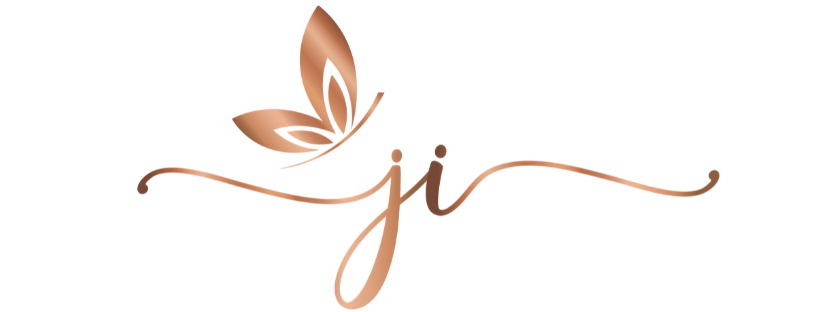(First published on parentsociety.com, 11 April 2013 -- http://www.parentsociety.com/parenting/toddler/will-goo-goo-gah-get-my-daughter-into-harvard/)
A week before my daughter had her 12-month wellness visit, I sat down to fill out the “12-Month Questionnaire” for the pediatrician. As I’ve been dutifully filling these out every few months, I have come to believe they’re not designed to assess my daughter’s development, but rather they’re really a judgment on our parenting skills, or lack thereof.
“She doesn’t play patty-cake!” I said to my husband. “We’ve never shown her patty-cake, so how can I respond whether she mimics us or not? Quick, wake her up and show her patty-cake!”
With each passing visit, however, I get less insane, and instead wait until she’s awake to show her the latest “patty-cake” activity I’ve neglected to expose her to. But recently, for the 12-month-failing-to-parent questionnaire, one question asked, “Does your baby say at least one word in addition to ‘Mama’ and ‘Dada’?” With the underlying implication being, your child should already be saying Mama or Dada, unless you’re the worst parent on the planet. With great shame, I checked the box for “Not yet”, and slunk under the rug where I belonged.
But when I met with the pediatrician in person, I babbled on about how chatty our daughter is, how she never gives it a break unless she’s asleep, how she chatters away to the cats and her animals and even her blocks and trucks, and then quietly added, “We just can’t quite discern any individual words, yet.”
Then I quickly added, “And we have lots of books, too.” Of course, we’re in a phase right now where there’s a moratorium on reading, because she just wants to chew on the books and it becomes more of a wrestling match than an enjoyable learning and bonding experience, but they’re in the house and if you believe in osmosis, then knowledge is just seeping in everywhere, even the couch cushions.
So, the question is, is our daughter’s communication delay her fault for not enunciating clearly? Or more likely, is it our fault for not painting our walls with the alphabet, and running “C is for cookie” on a continuous loop, or for being better listeners so we could decode goo-gah to mean, “More toast, please, mother dear.”
As a stay-at-home mom, I babble to her incessantly, so maybe I’ve failed to even give her a chance to get a word in. Maybe I need to have my own personal quiet time and let the poor child speak! Oh, I can just imagine that her first words, after months of trying, will be, “Well, it’s about time!”
When a friend recently forwarded me an article about Jill Lany, a psychologist at Notre Dame, who was studying grammar and babies (http://io9.com/5867029/babies-understand-grammar-long-before-they-learn-how-to-speak) and had learned that they can understand relationships between words even at 12 months, I suddenly felt like I should reach out and see just how much damage I’d done to my daughter already. Lany believes that even without words, babies understand context. If you say, “Do you want a yippity-boom-de-boom,” the child knows by the context that a “yippity-boom-de-boom” is a thing or object. Conversely, if you say, “We’re changity-chang-shoo-bopping,” the child can understand this is an action; albeit a slightly ridiculous one unless you’re reenacting “Grease.”
Then, as I started digging more into linguistics for babies, I was swamped with the theories of Noam Chomsky, Elizabeth Bates, Michael Tomasello, and others, and came across daunting terms like “universal grammar” (http://www.nsf.gov/news/special_reports/linguistics/learn.jsp) and “innate language modules” (http://www.princeton.edu/~adele/MTLngNotInstinct.pdf) and “social-pragmatic theory” (http://elanguage.net/journals/index.php/pragmatics/article/viewArticle/302); all of which left me feeling overwhelmed and vastly under-parenting.
But, after all the research and theories and questionnaires, the bottom line is, have we completely botched any chance of our daughter getting into Harvard because we didn’t run flashcards with her in the tub and didn’t encourage her to practice the umlaut or ayn sounds in afternoon German and Arabic lessons? Instead of Harvard, is she now destined to attend “Ethel’s House of Schooling”? As she’s waiting to get her diploma, from Ethel herself, will she glance out into the crowd and look at us with great disdain and disappointment, or just give a little smile and whisper to Bob, standing next to her, “Those are my parents. They’re good-intentioned, but a bit feeble in their parenting, so I could never fulfill my dream of going to Harvard.”
Well, Lany, Chompsky, Bates, Tomasello, et al., while I appreciate your studies, my reality is that however my daughter’s going to learn phonology, grammar, syntax, context, semantics, or any other language terms, she will do it at her own pace, in her own time. And while I could sit for hours with her saying, “cat, cat, cat” until she repeats it or throttles me, I would rather try to enjoy our rambling babble conversations while I can; although, if you have any suggestions for getting her through the book-eating phase, I’d be more than happy to utilize them. In the meantime, we’re going to hold off on sentence-diagramming-for-one-year-olds and instead get her fully up to speed on Itsy Bitsy Spider, so we can at least get a passing grade on our next questionnaire.


